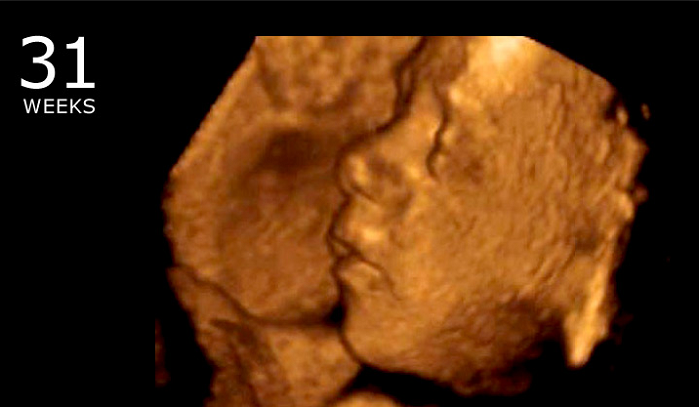“Washington State has just been named the ‘worst pro-life state’ in ratings issued by Americans United for Life. However, we are hopeful that with more education about the scientific evidence that abortion hurts women, Washington residents and elected officials can and will reverse this rating,” said Esther Hurni-Ripplinger, executive director, Human Life of Washington, the state affiliate of National Right to Life Committee.
Hurni-Ripplinger does not rely upon just her own experience of having a traumatic abortion at a young age. Instead, she refers to more than 650 worldwide empirical sources, including some published by the British Medical Journal.
Hurni-Ripplinger played a key role in Bautista vs. All Women’s Health Services, a case heard by the Oregon Circuit Court, in Portland, Oregon, in which a judgment was issued against an abortion facility, All Women’s Health Services, for failing to disclose a risk of breast cancer to the plaintiff.
It is a disservice to a woman not to disclose potential immediate and long-term effects, including breast cancer and post-abortion infection, prior to abortion. Without this information, she cannot make a fully informed choice. As such, the abortion facility creates wealth at her expense.
Since processing the trauma of her own abortion and finding healing from the trauma, HurniRipplinger has worked with many women who like her, struggled with mental health concerns. These can include, for example, triggers of memory stemming from abortion, creating anxiety over the sound of a household vacuum cleaner because it reminded them of the abortion machine. “Even though I tried to forget, my body did not forget the trauma,” said Ripplinger.
Follow LifeNews.com on Instagram for pro-life pictures.
Human Life of Washington affirms the efforts of SMART Women’s Healthcare Advocates, a national group of women citizen lobbyists who advocate for full disclosure of all the risks and complications of abortion. They state that they themselves were not privileged to be covered by laws that would have allowed them to make informed choices about their abortions. The absence of such laws to protect women also facilitate a growing abortion industry. Planned Parenthood, the United States’ largest abortion provider, recently issued its annual report indicating a rise in
abortions and a decline in its other services. In 2015–16 the group carried out more than 328,000 abortions, an increase over the previous year and a figure that is one of the few “services” not to show decline.
Dr. Angela LanFranchi, a breast cancer surgeon from Somerville, New Jersey, affiliated with multiple hospitals including Wood Johnson University Hospital and Robert Wood Johnson University Hospital Somerset, and co-author of Complications, a book which compiles empirical research documenting some of the devastation, is also featured in the award-winning documentary HUSH. This film contains raw footage from conferences demonstrating how certain American cancer groups muffle such findings, including the link with abortion and breast cancer.
“In summary, like me, many women have left a place of denial and have processed the pain of their incredible loss,” Hurni-Ripplinger observed. “The human beings who were lost through abortion are family members, sons and daughters, who once lived inside of us, and whose beating hearts we silenced. Most agree that this was the worst decision of our lives.”
Although it happened decades ago, Hurni-Ripplinger’s memories are still vivid: “I was 19,” she recalled. “My boyfriend and I were happy about my pregnancy. We made plans on paper to get married. He was excited and said, ‘this will work!’ He went to his parents alone and came back singing a different song. He said, ‘You have to get an abortion. We can have another one someday.’ At the abortion facility, a woman sold me the abortion as a ‘quick, painless, routine procedure’. She pinched the skin on her arm and said, ‘most girls just feel a pinch, you’ll be fine’. As I reclined on the table, I was in excruciating pain. I remember thinking to myself: ‘They lied to me!”
Hurni-Ripplinger notes that, “Now, I have dedicated my life to helping other women to see the light and to avoid the trauma of abortion in the first place – or to heal from the trauma of procedures they have already had.”








